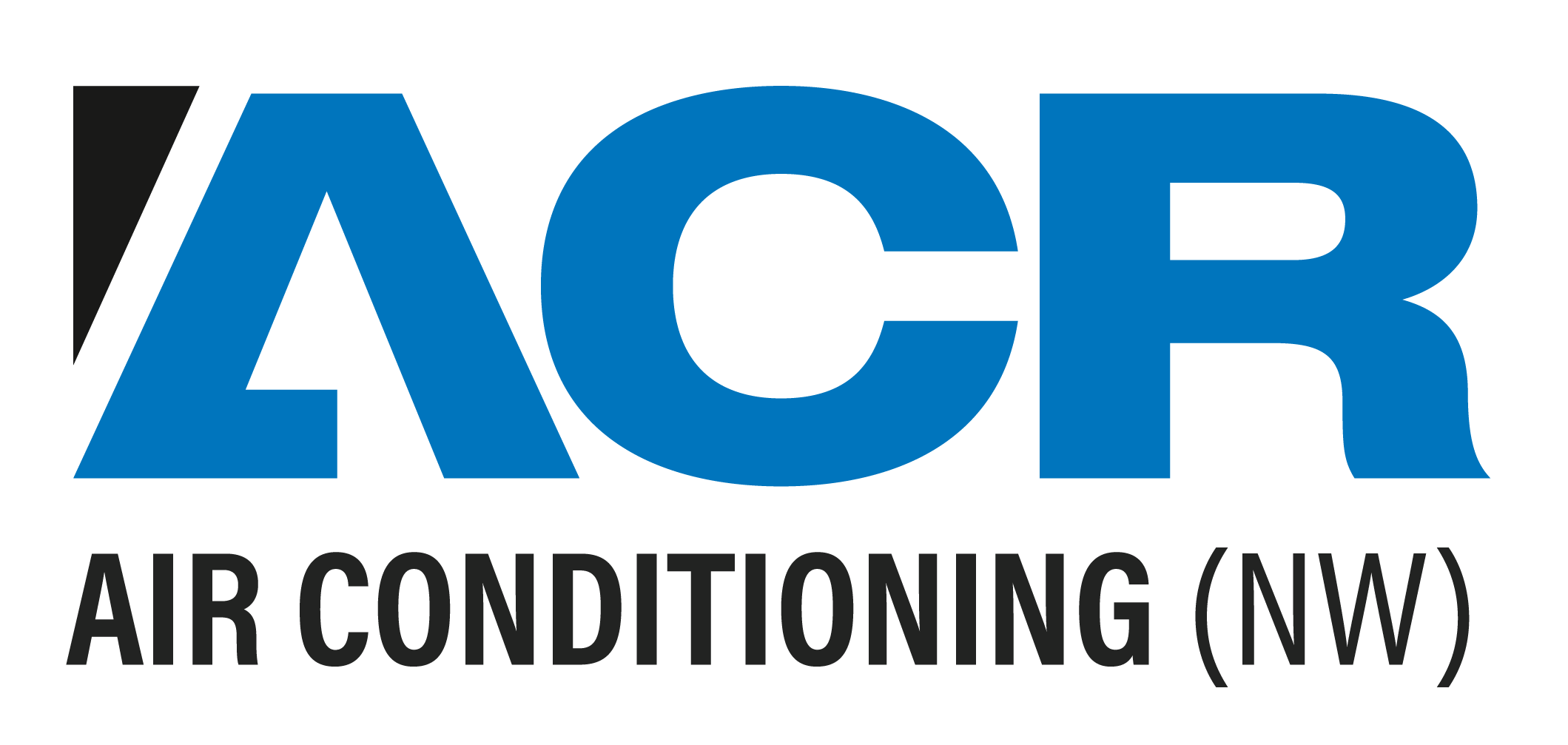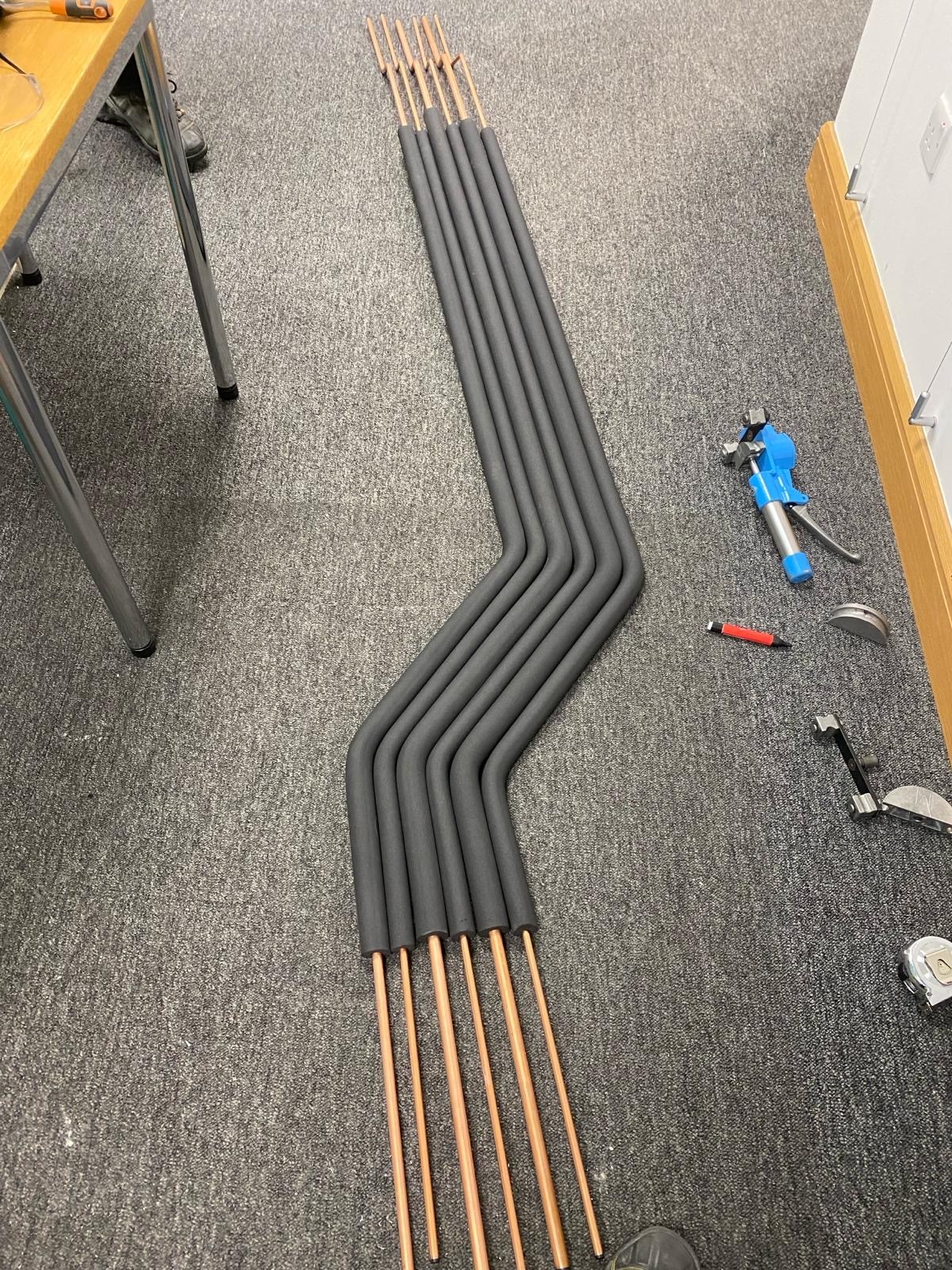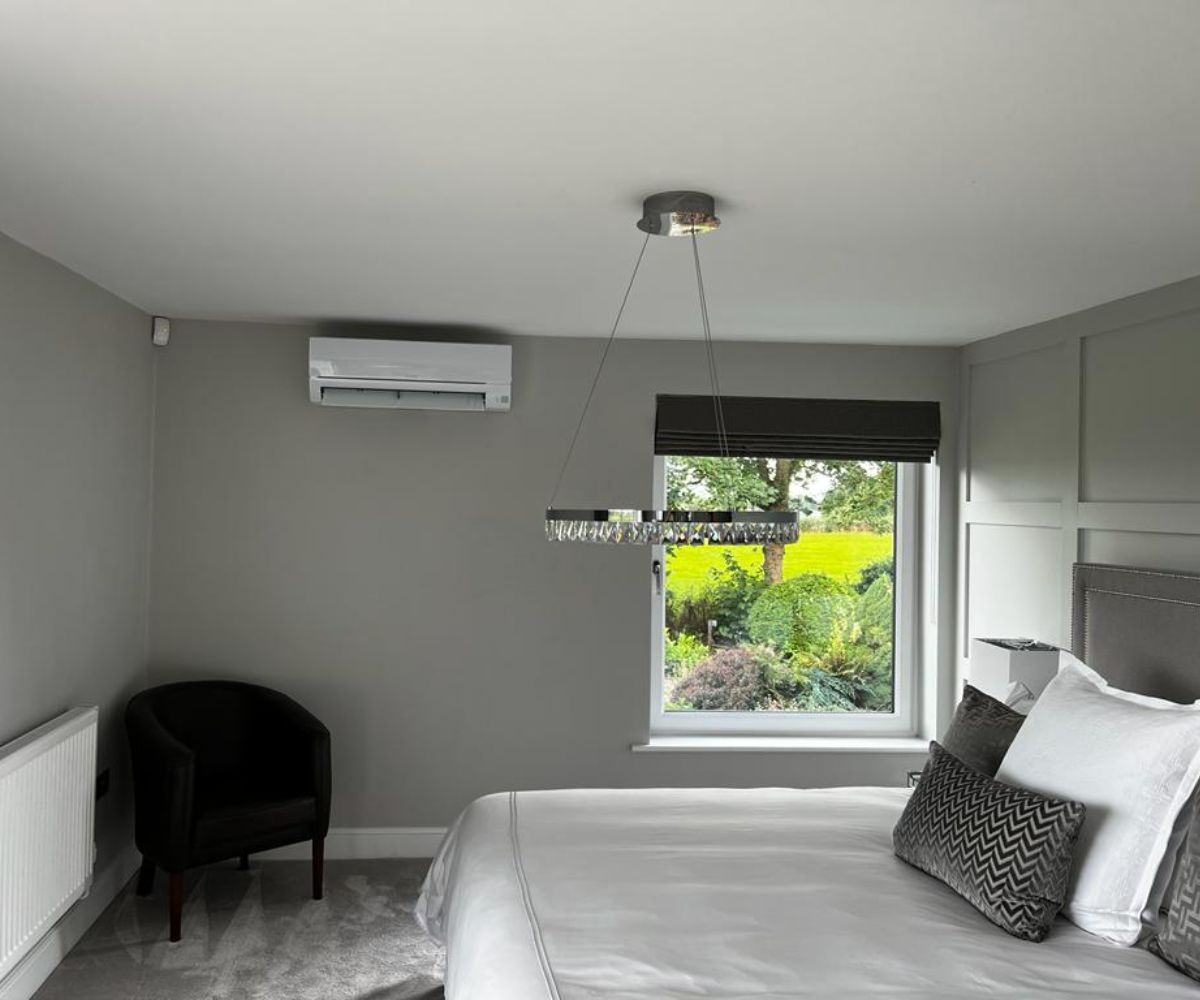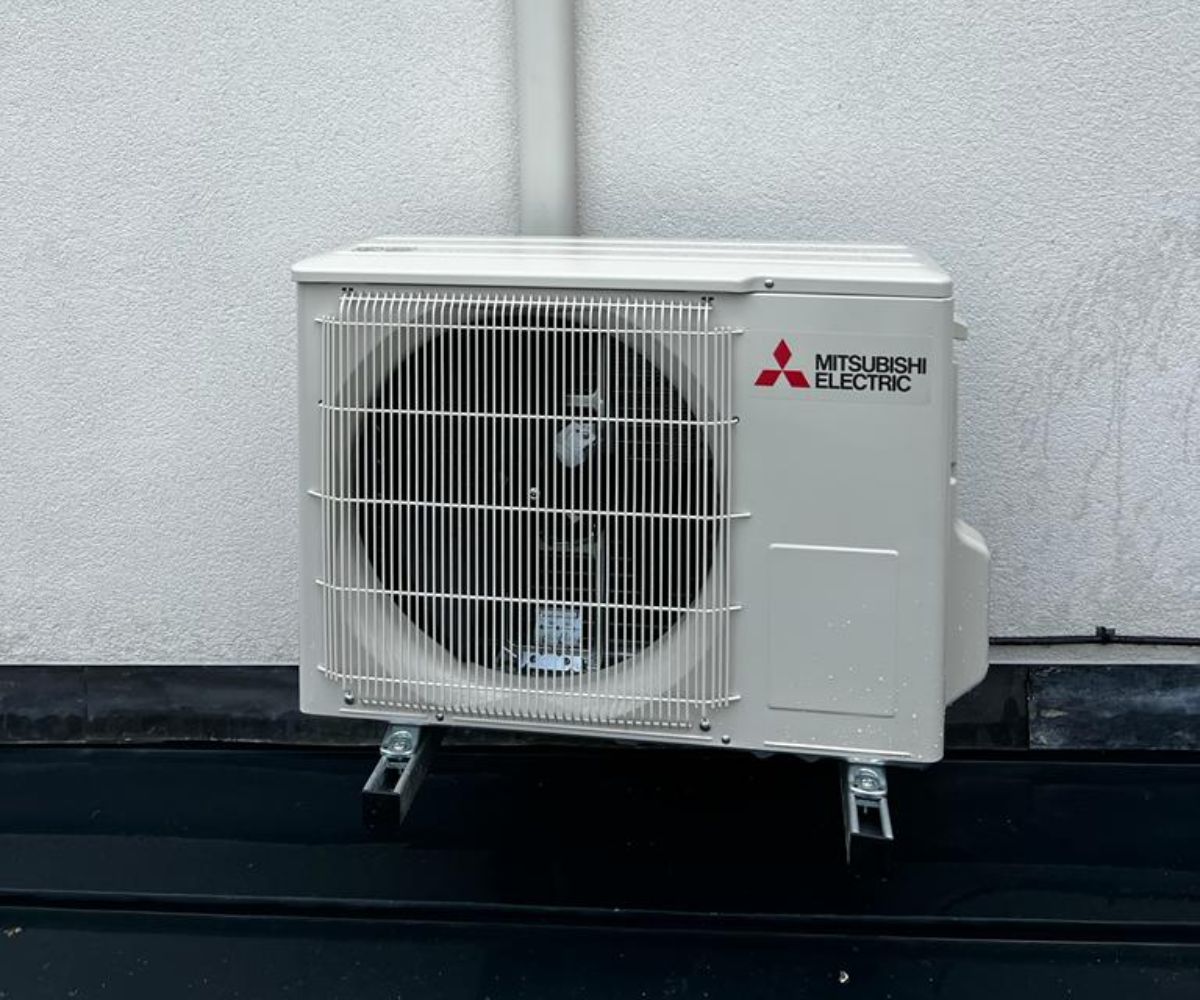For many allergy sufferers, finding relief from symptoms like sneezing, congestion, and itchy eyes can be a constant battle, especially during peak allergy seasons. In recent research, around 49% of people in the UK reported suffering with hay fever symptoms (Allergy UK / Kleenex®, 2020). If you’re wondering whether air conditioning can help alleviate allergies, the answer is a resounding yes! Let’s dive into how air conditioning systems can effectively improve indoor air quality and provide relief from allergy symptoms:
1. Filtering Airborne Allergens:
One of the primary ways that air conditioning systems help allergies is by filtering out airborne allergens that can trigger symptoms. High-quality air filters installed in air conditioning units can capture and remove a wide range of allergens, including pollen, dust mites, pet dander, and mould spores, preventing them from circulating throughout your home.
2. Controlling Humidity Levels:
Maintaining optimal humidity levels is crucial for reducing indoor allergens and promoting better air quality. Air conditioning systems can help regulate humidity by removing excess moisture from the air, inhibiting the growth of mould and mildew – common allergen sources. By controlling humidity levels, air conditioning systems create an environment that is less conducive to allergen growth.
3. Preventing Outdoor Pollutants:
Another way that air conditioning systems help allergies is by creating a barrier against outdoor pollutants. By sealing your home and filtering the air that enters, air conditioning systems can minimize your exposure to outdoor allergens, such as pollen, vehicle exhaust, and industrial emissions, helping to reduce allergy symptoms.
4. Circulating Clean Air:
Properly functioning air conditioning systems continuously circulate and filter the air in your home, ensuring that it remains clean and free of contaminants. This constant circulation helps remove allergens from the air and maintains a healthier indoor environment for allergy sufferers.
5. Enhancing Respiratory Health:
By reducing exposure to airborne allergens and pollutants, air conditioning systems can improve respiratory health and reduce the frequency and severity of allergy symptoms. This is particularly beneficial for individuals with asthma or other respiratory conditions, who may be more sensitive to indoor air quality.
6. Enhanced Comfort and Well-being:
In addition to alleviating allergy symptoms, air conditioning systems provide overall comfort and well-being by maintaining a consistent and comfortable indoor temperature. This can help reduce stress, improve sleep quality, and enhance overall quality of life for allergy sufferers and non-sufferers alike.
Conclusion:
In conclusion, air conditioning systems play a significant role in alleviating allergies by filtering airborne allergens, regulating humidity levels, preventing outdoor pollutants, circulating clean air, and enhancing overall comfort and well-being. If you’re struggling with allergies, investing in a quality air conditioning system can make a substantial difference in your comfort and health.
If you’re interested in learning more about how air conditioning can help allergies or want to explore options for improving indoor air quality in your home, don’t hesitate to Contact Us. Our team of air conditioning experts are here to help you breathe easier and enjoy a healthier, allergy-free home environment.
Useful links: Kleenex® Tissues & Wipes| Kleenex® UK (Allergy UK / Kleenex®, 2020), Allergy UK | National Charity




